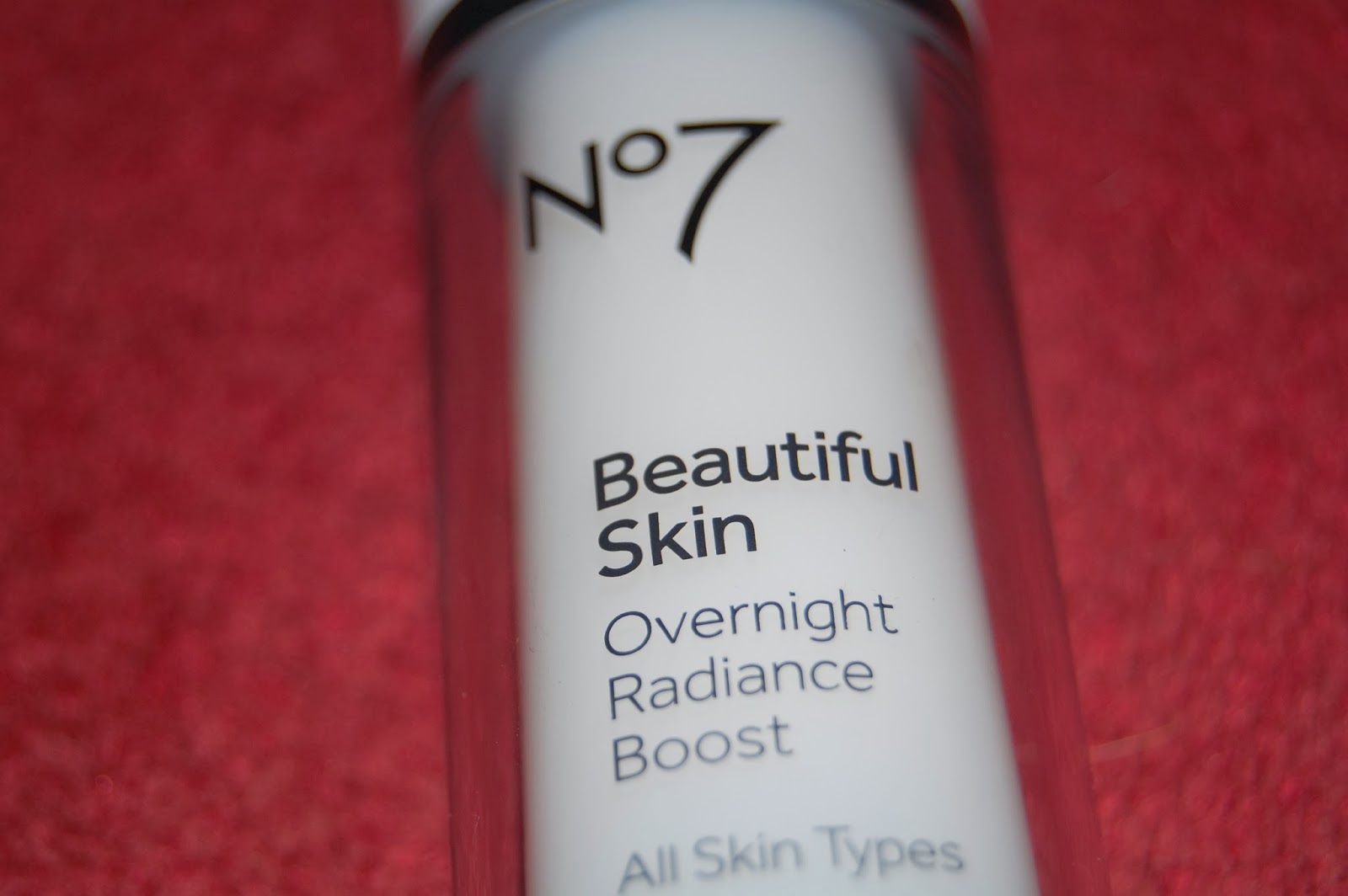Although I have recently found myself a job following university. Prior to this I spent a lot of time applying for graduate schemes. Each one runs in a very similar way, and I managed to get to the final stages of some, with some still on-going. Graduate schemes are hard work, each application takes hours and is followed by tests, phone interviews, assessment centres; it takes a lot of commitment on the graduate's part without guarantee of any success. I have been rejected by or have rejected myself each company that I have applied to, some in the early stages, others after phone interviews and one after an assessment day that was one of the hardest days of my life. This appears to not make me the ideal candidate to give advice on these schemes, however I have been asked to interviews by a number of companies and rejected them myself as I cannot afford to move so far away from home. Also, I'm not going to tell anyone what to say or do with these schemes, just offer advice on how to prepare for these stages.
There are clear advantages to a graduate scheme, a defined structure to your training, the opportunity to promote yourself within a large company, a high starting salary in comparison to other positions and some schemes offer the opportunity to work within a number of sectors, allowing you to decide exactly what it is that you want to do. From experience it is hard fitting applications around your final year university work! Therefore it's best to be prepared!
These are just a few tips about the preparations you should make before you begin applying.
1. Know the kind of graduate schemes you want to apply for - do you want to be a buyer? A merchandiser? A marketer? Or do you want to work in finance, HR, logistics? It is probable that applying to more than one scheme within the same company is only going to indicate that you are unsure of what you want to do, or what you are good at, therefore how can they be sure that you are right for their job? Or that you won't want to change careers half way through the scheme. Research online the different types of positions and find which it is that best fits your aspirations and experience.
2. Start early and be organised. I spent the summer before my final year researching graduate schemes, which I wanted to apply for and when they all opened. Most open in September/October, however not all and most close in December, but some are earlier, some later and some when they feel they have enough applications.
3. Have your C.V ready in a number of different formats, PDF, Word Doc, Powerpoint - different applications ask for different formats and it's always easier and less time consuming if you have considered this in advance! Think about the design of your C.V - I have two, one creative, one more business like. The creative C.V is great for those companies who are perhaps more fashionable, or less formal and it ensures that you will stand out from those other candidates who send their simple, Times New Roman C.V. However, some applications call for the traditional C.V and therefore you need to focus on the content. Oh, and remember to spell check all of them!
4. Prepare answers for the questions that you are most likely to be asked - start a document so you have standard responses saved that can be altered to match each scheme when you apply. Most schemes ask similar questions:
Why have you applied for this scheme? Or why have you chosen to apply for this position?
What are you most proud of?
Tell me about a time when you had issues when working within a team, what happened and how you solved them.
What leadership skills do you have?
etc...
5. Write a cover letter detailing your experience for the job, as well as your answers for why you want to apply to a particular scheme. Some schemes ask simply for a C.V and cover letter, rather than asking a set of questions. Therefore you need a letter that can answer a number of these questions, even if this isn't what they asked for. As with the C.V this letter should be saved in a number of formats.
























